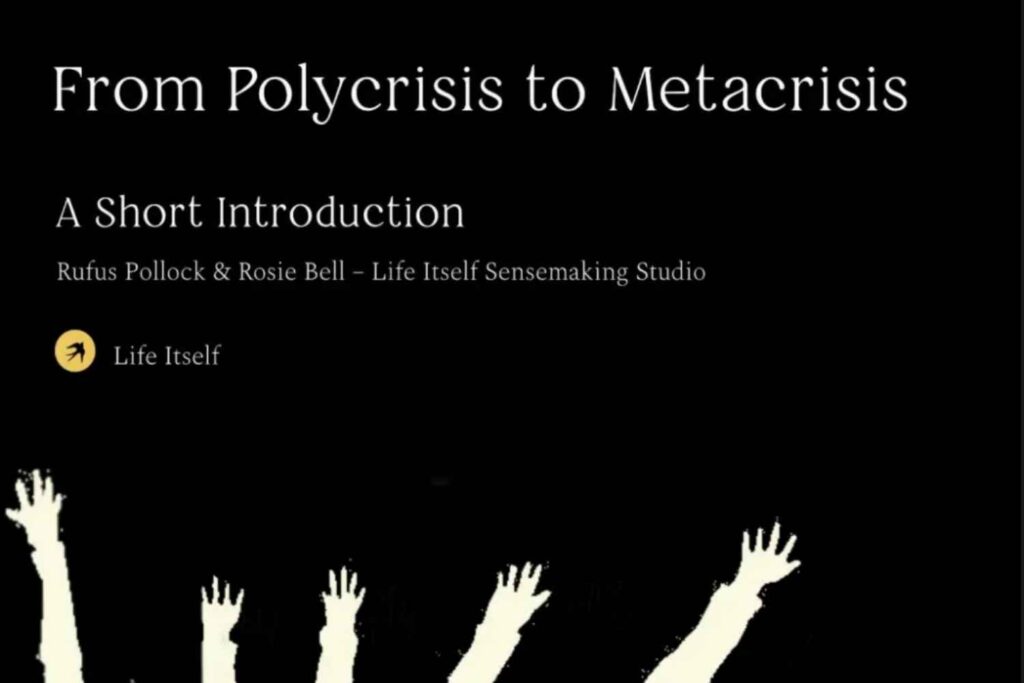Subjective-Probability Forecasts of Existential Risk: Initial Results from a Hybrid Persuasion-Forecasting Tournament
This article presents a multi-stage forecasting tournament designed to evaluate how experts and generalist superforecasters assess short- and long-term existential risks to humanity, with a focus on artificial intelligence. The study finds that specialists consistently assign higher probabilities to catastrophic and existential threats than generalists, especially for long-term AI risks. Despite structured debate and incentives […]









